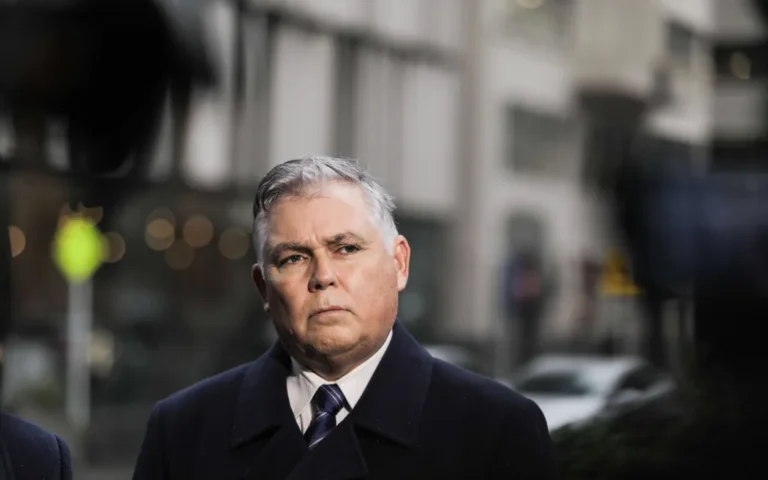Mark Mitchell, New Zealand’s Police Minister, isn’t mincing words regarding the youth crime wave sweeping the nation. He’s been hitting the streets, talking to shop owners and community leaders in hard-hit areas like South Auckland, and the message he’s hearing is clear: people are fed up.
Amidst growing public concern over a surge in violent crime, Mark Mitchell has doubled down on controversial youth rehabilitation programs, emphasizing their crucial role in tackling the root causes of delinquency. In a series of high-profile visits to crime hotspots like South Auckland, Mitchell has engaged with community leaders and business owners who have borne the brunt of the escalating crisis.
The government’s flagship initiative, a military-style boot camp for young offenders, has drawn both praise and criticism. Yet, Mitchell remains steadfast in its defense, citing a substantial $68.7 million budget allocation as evidence of the government’s commitment to addressing youth crime. This investment includes a pilot program for an army-style academy and a massive $400 million boost to frontline policing.
“We face a dire situation with young people, even children as young as nine, engaging in aggravated robberies and serious violent crimes,” Mitchell revealed in an interview with Pacific Mornings’ William Terite. “The military academy may seem harsh, but it’s a necessary intervention for these hardened offenders who have failed to respond to other measures. They pose a grave risk to both the community and themselves, and we cannot allow them to continue on a destructive path.”
While ram raids have seen a significant 80% decline compared to last year, the overall picture remains grim. Violent crime and gang activity are on the rise, prompting the government to arm police with enhanced powers, including warrantless searches and new gang-related legislation.
Mitchell paints a vivid picture of the challenges faced by law enforcement, highlighting cases of nine-year-olds committing heinous crimes. He argues that the military academy offers a last resort for these young offenders, focusing on education, life skills, and rehabilitation to break the cycle of violence and prevent their descent into the adult criminal justice system.
Despite widespread debate over the effectiveness of such programs, Mitchell remains resolute. He sees the military academy as a necessary tool in the fight against youth crime, offering a glimmer of hope for troubled youth and a safer future for the entire community. The ongoing debate underscores the complexity of the issue and the urgent need for innovative solutions to curb the escalating crime wave.








